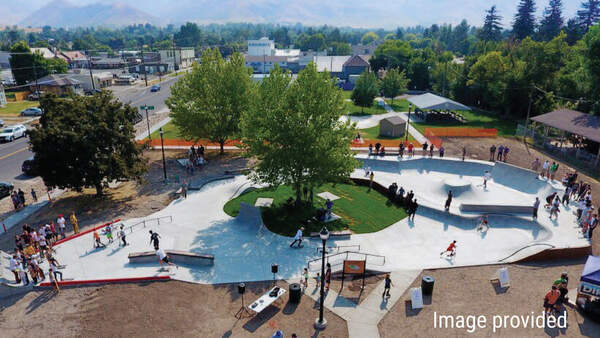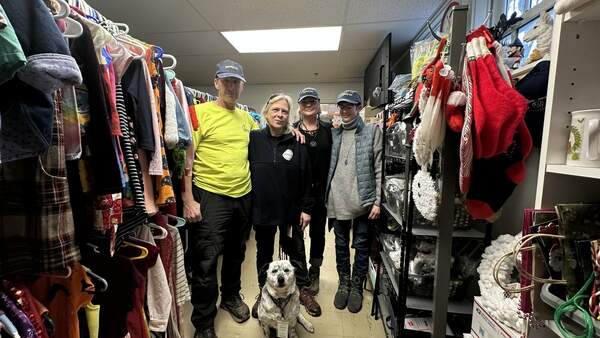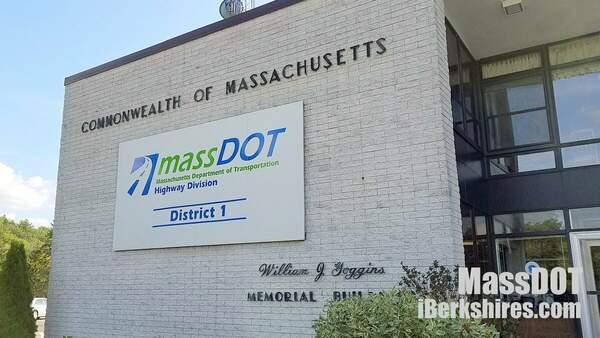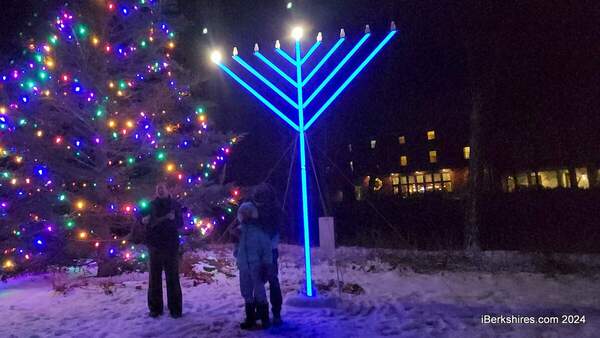Letters: NBH Board of Trustee Letter to Community
.JPG)
March 28, 2014
To the members of our community:
As trustees of Northern Berkshire Healthcare, we share your deep sense of sadness on this day. We are an all-volunteer, local board; we live in this community and, like you, have depended on NARH and its affiliated practices for our medical care. We are heartbroken that so many of our friends and neighbors are losing their jobs, and that many more members of our community are facing disruptions in their medical care.
As a board, working together with our talented administrators and a team of expert advisers, we have pursued every avenue to stabilize NBH's finances. We have made difficult – and in some cases unpopular – decisions to reduce costs, including layoffs, consolidation of services, and closure of high-cost units.
But in recent years, and especially in recent months, declines in revenues have continued to accelerate. Cuts in state and federal reimbursements have had a particularly harsh effect on hospitals, like ours, that care for a high percentage of Medicare and Medicaid patients. Even reimbursements from private insurers have not kept pace with our costs. For whatever reason, patient volumes in virtually all parts of our operations have declined, making our financial position still more precarious.
We are not alone: both nationally and in our state, a large number of hospitals – particularly small community hospitals – are in similarly difficult circumstances. Recognizing the long-term challenges, we have for more than five years been actively seeking affiliations with larger, more financially stable organizations. These efforts have been particularly intense in the past few months, and until earlier this week, we had reason to hope that such an arrangement would be possible. When those efforts failed, our only remaining option was to close.
If, in the days ahead, members of our local and state communities can find other solutions and restore at least some of the services we are losing, we would be elated. But whatever happens, we want to say – plainly and sincerely – that we are profoundly grateful to everyone who has worked so hard and so effectively to support this organization's mission over the years, and we are particularly indebted to the hundreds of dedicated employees who – with remarkable skill and unflinching loyalty – have provided the highest quality health care to our community. You have every reason to be proud.
Yours sincerely,
The NBH Board of Trustees
Julia Bolton, Chair
The other trustees are Jane Allen, Ellen Bernstein, Dr. Chi Cheung, Dr. Jonathan Cluett, Stephen Fix, Bruce Grinnell, Richard Jette, Bryon Sherman, Dr. Susan Yates, Martha Storey, William F. Frado Jr., Dr. Jeffrey Bath, Bill Bowden and Tim Jones.
Tags: board of trustees, letters to the editor, NARH,















